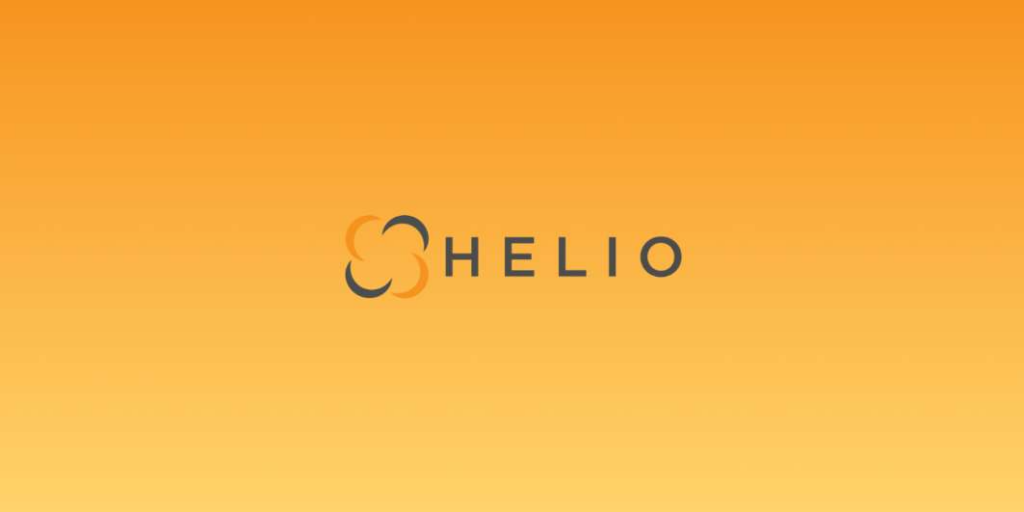Crypto Lender Helio Faces Unique Sentence With $9,000 Fine For Misleading License Claim
Key Points:
- Crypto lender Helio Lending faces a non-conviction bond and a $9,600 penalty for falsely asserting a local credit license.
- The misrepresentation of licenses highlights the need for accurate customer information.
- The crypto lender pleaded guilty, dropped charges, and a lighter penalty marked regulatory action.
Australia’s cryptocurrency lending firm, Helio Lending, has been handed a one-year good behavior bond by the Australian Securities and Investments Commission (ASIC) after falsely asserting possession of a local credit license.

ASIC confirmed that Helio Lending had been subjected to this non-conviction bond and would be liable to pay $9,600 (equivalent to 15,000 Australian dollars) if the terms of the bond were breached.
This outcome is usually reserved for less severe infractions. Under this arrangement, Helio Lending’s conviction is contingent upon compliance with the bond’s conditions, with the aforementioned sum held as security.
The company had erroneously claimed to hold an Australian credit license in an August 2019 news article featured on its website. According to regulatory statements, Helio Lending purported to possess an ACL 391330 credit license.
In response to the charges, Helio has agreed to a A$15,000 bond over the course of a year, provided that it maintains good behavior. Any breach of this bond would result in the forfeiture of the security deposit.
Sarah Court, ASIC’s Deputy Chair, emphasized the importance of accurate information provision to both current and potential clients. The misleading claim of holding an Australian Credit license by Helio Lending had deceived customers into thinking they were protected by such a license.
Helio has pleaded guilty, a factor that influenced the sentencing decision. Additionally, a charge related to a misrepresented license claim on the firm’s website was dropped.
Specializing in crypto-backed loans, Helio Lending is an Australian subsidiary of the US-based Cyios Corporation, which also owns the forthcoming nonfungible token platform, Randombly.
ASIC’s charges against the company date back to April 2022, following an investor update in late 2018, where the firm asserted its acquisition of Cash Flow Investments and its accompanying license.
DISCLAIMER: The information on this website is provided as general market commentary and does not constitute investment advice. We encourage you to do your own research before investing.






















